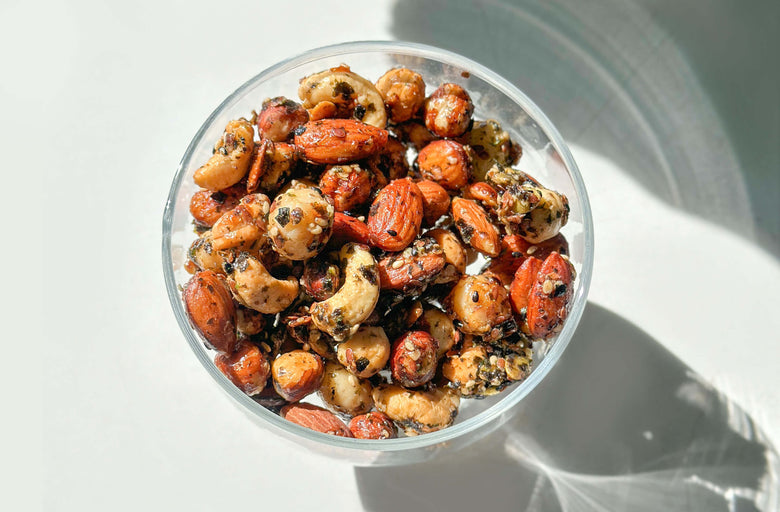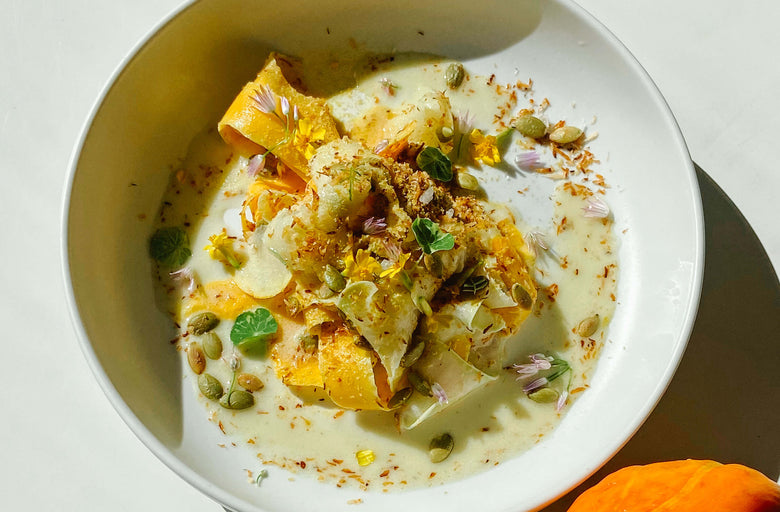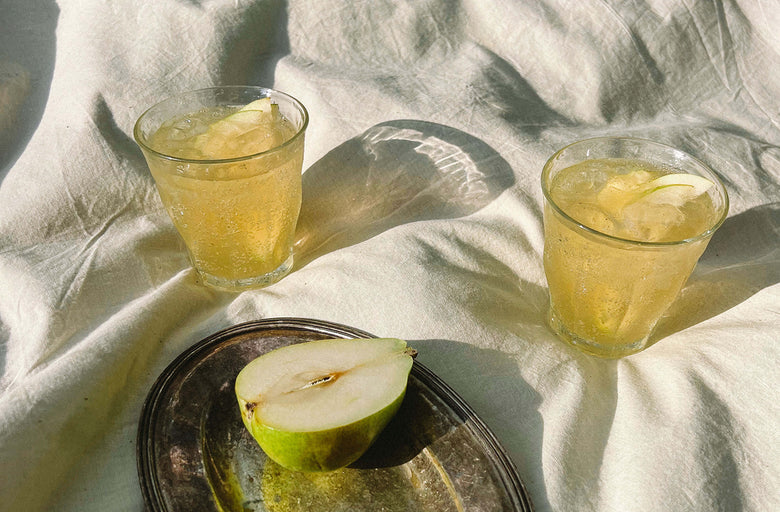Sakara Science Council member and nationally recognized nutrition expert Maya Feller, MS, RD, CDN, is a voice at the forefront of nourishment—in her work as a clinical nutritionist, as an author, and as a board member of Wellness In The Schools (WITS).
Spice, flavor, bold, and heat are all words used to describe cuisines from faraway lands or those labeled as such, given that they are far away from the United States. Depending on who you are, these “other” cultures and cuisines evoke exotic sensory effusions that may or may not be met with glee. Often when heritage foods from cultures that are not white American are discussed, one can smell the disdain in the air. Somehow the dominant narrative in the health and wellness industry is that the benchmark for healthy eating is only whole grains (excluding corn), steamed vegetables, and lean proteins. While these are nutrient-dense options that can support health, there are a variety of nutrient-dense healthful foods—lesser known to some—that do not fall within this narrow definition.
There are words associated with ethnicity and food that call up the implicitly biased associations of “low quality,” “subpar,” and unhealthy. Take the much-misunderstood and demonized MSG, for example. Currently, packaged foods proudly display ‘No MSG’ as a badge of honor, while foods containing MSG are relegated to the badlands of the shopping aisles.
Next to MSG, rice—especially white rice—is a top suspect implicated in disease development. The guidelines and recommendations suggest that the majority of your grain intake comes from whole grains (i.e., steer clear of white rice). But wait! Does that mean you now need to order only brown rice sushi? There are so many more examples of foods and ingredients that are enjoyed around the world—foods that have fallen out of glory and been placed on the ‘not to be consumed list’ and publicly called out with a proverbial wagging finger.
Heritage foods have a lot in common. Regions share flavors and, sometimes, cooking techniques. Many beloved dishes require time and attention in the kitchen, the manipulation of plants, herbs, spices, and animal proteins. These ingredients are simple yet nuanced. Chopping, cutting, dicing, mincing, and seasoning happens in the kitchen of home cooks on a regular basis. Sometimes there is a culture around the procurement of food. Visiting farm stands and markets filled with competing aromas to purchase a variety of ingredients. In addition, there is often a culture around the act of eating—taking space and time to eat is valued. Being in conversation over food with community is cherished and a mainstay.
Thinking about what can be added to our pattern of eating adds an expansiveness to how we think about and quantify food.
These are not modern-day American values. We are on the go and in search of a five-minute meal that contains the “right balance” of macros and superfoods. We’ve gotten so wrapped up in the perfect diet, following the guidelines and removing unsanctioned foods that our definition of healthy continues to narrow.
Thinking about what can be added to our pattern of eating adds an expansiveness to how we think about and quantify food. Eating foods from cultures that are not our own is culinary education: an opportunity to examine and contemplate what we have learned about food from a hierarchical perspective. Foods from cultures around the world including Black, Latinx, Asian, Pacific Islanders, and Indigenous cultures can and should be enjoyed and have their place alongside the recommendations as “healthy” foods. Many of these heritage dishes are wholesome and nourishing while being tummy-warming. I offered [my latest book] Eating From our Roots as a contribution to the food, nutrition, and culinary movement that recenters heritage dishes while giving them the accolades they deserve.
Maya Feller, MS, RD, CDN is the founder and lead dietitian at Maya Feller Nutrition. In her practice, her team provides medical nutrition therapy for the management of and risk reduction of non-communicable diseases. Maya believes in providing nutrition education from an anti-bias patient-centered, culturally sensitive approach to help people make informed food choices. Maya shares her approachable, real food-based solutions to millions of people through regular speaking engagements, writing, her social platforms, and as a national nutrition expert on Good Morning America, is a Healthline Medical Advisor, and on the advisory board for SHAPE and Parents, as well as appearing on TODAY Show, Tamron Hall, and in The New York Times, mindbodygreen, Well+Good, Food Network, Martha Stewart, Real Simple, Good Housekeeping, Cooking Light, Eating Well, Prevention, Glamour, SELF, and more . She is the author of Eating from Our Roots: 80+ Healthy Home-Cooked Favorites from Cultures Around the World (goop Press, January 24, 2023).
MORE FROM MAYA:
On Empowering the Next Generation Through Nutrition






